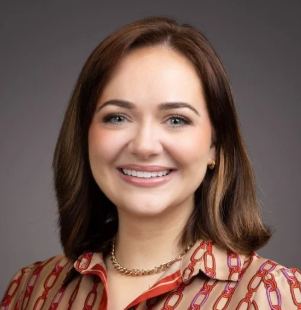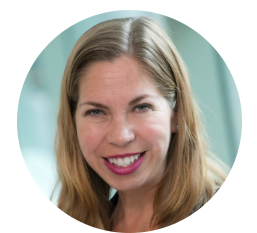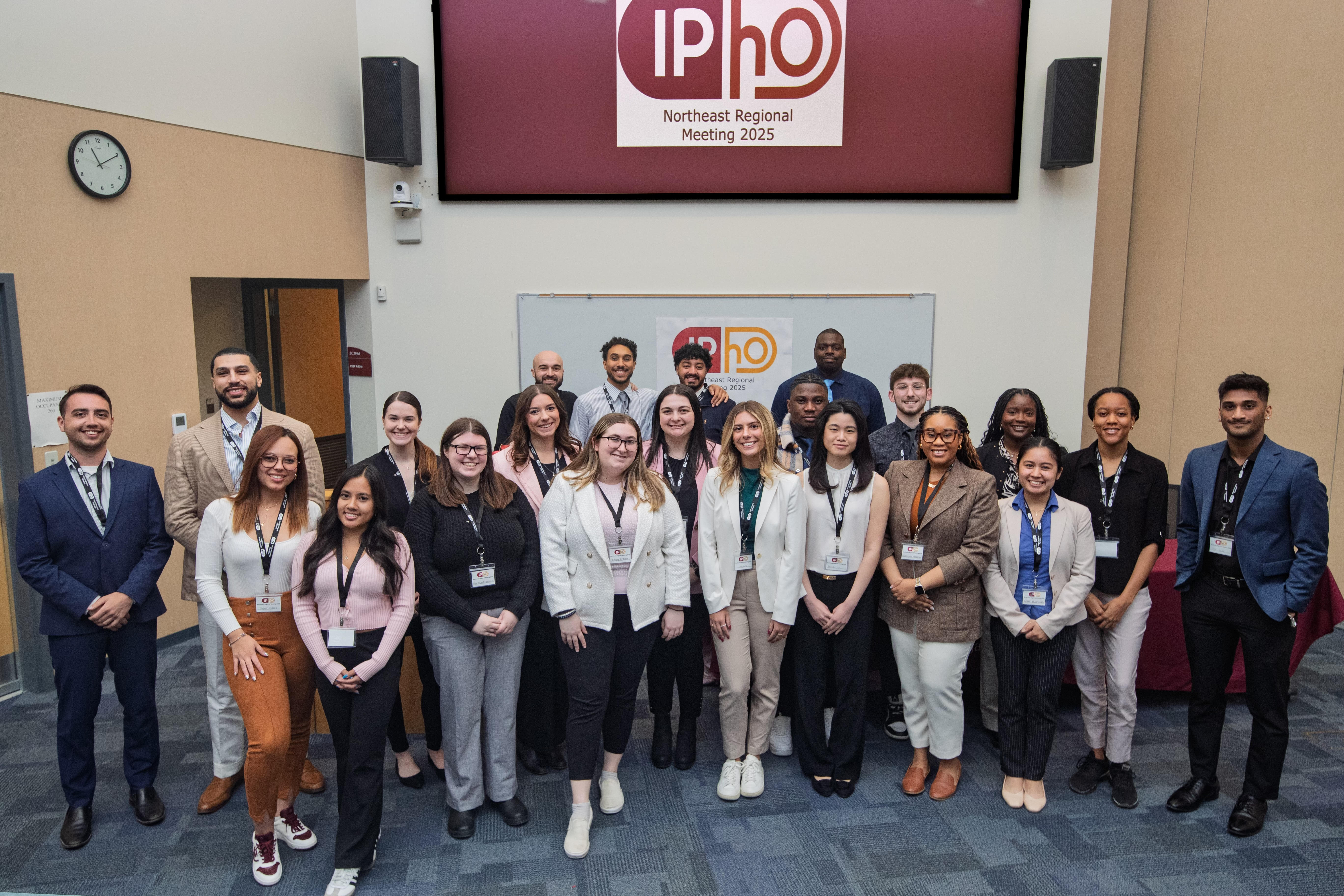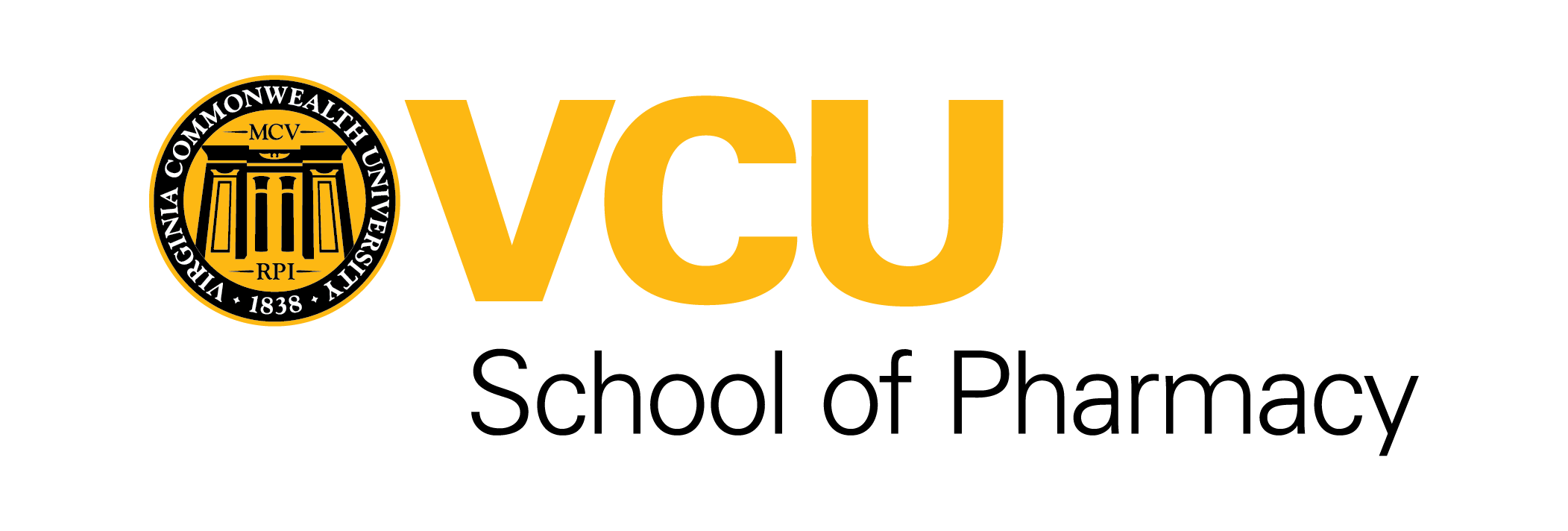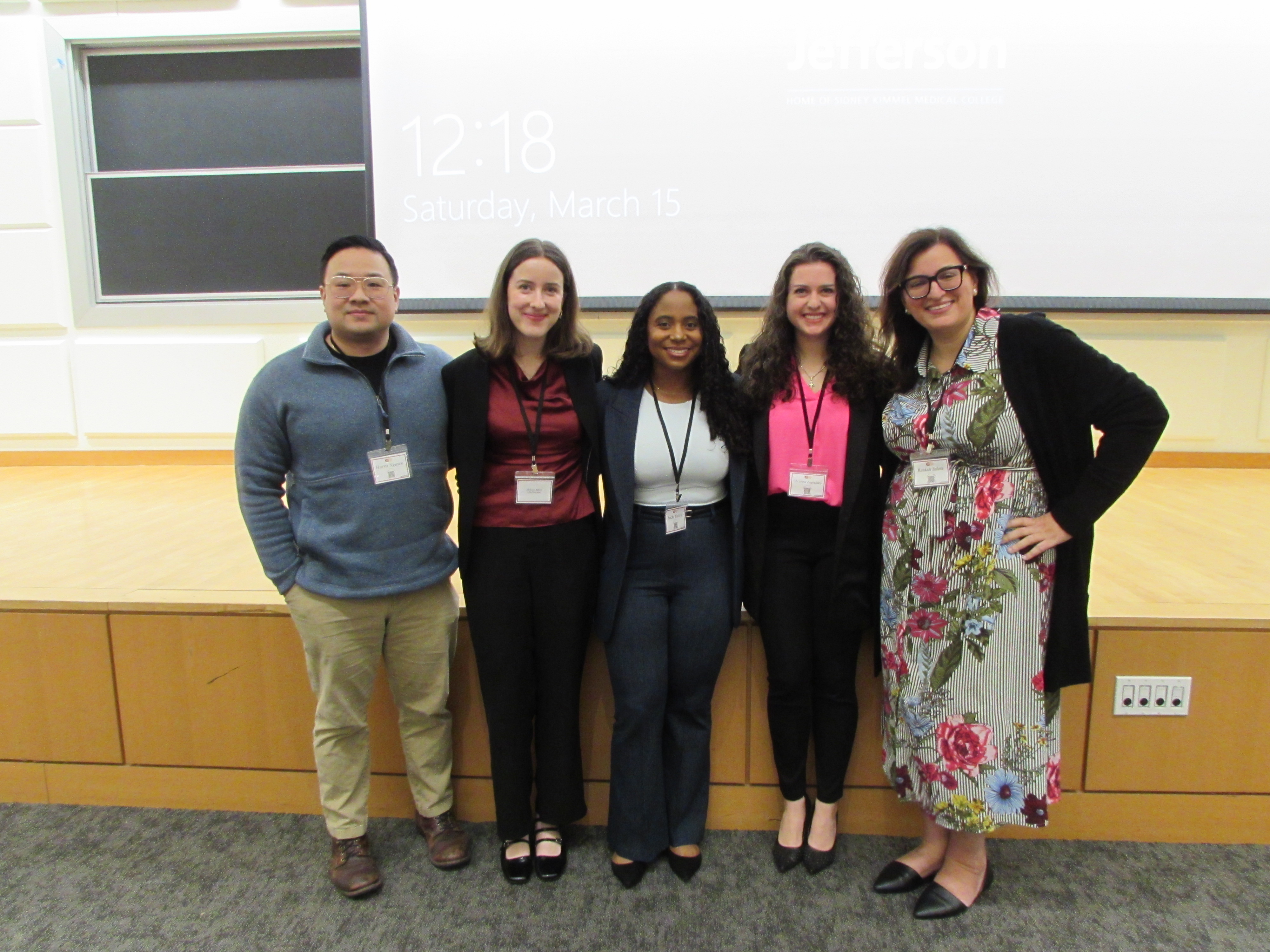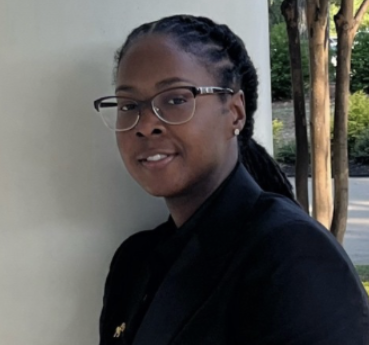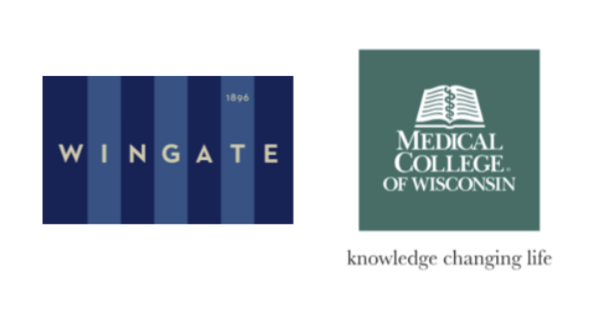It's summertime—or as I like to call it “Fellowship Preparation Pre-season”—which means a busy time of the year for our IPhO coaches, as proactive industry-interested students begin the process of identifying and selecting their functional priorities and continuing to develop and complete their CVs and cover letters in preparation for submitting fellowship applications in the late summer and early fall. Year after year, the competition for these coveted positions keeps increasing.
Back in the fall of 2023, in the Coach's Corner, I described how challenging it can be for students to select an Industry Career Coach, now that there are more choices than ever. When I created the IPhO Coaching Service in 2013, not only were we surprised how popular it had become, but we also never expected the current quantity of options.
_29027.jpeg)
